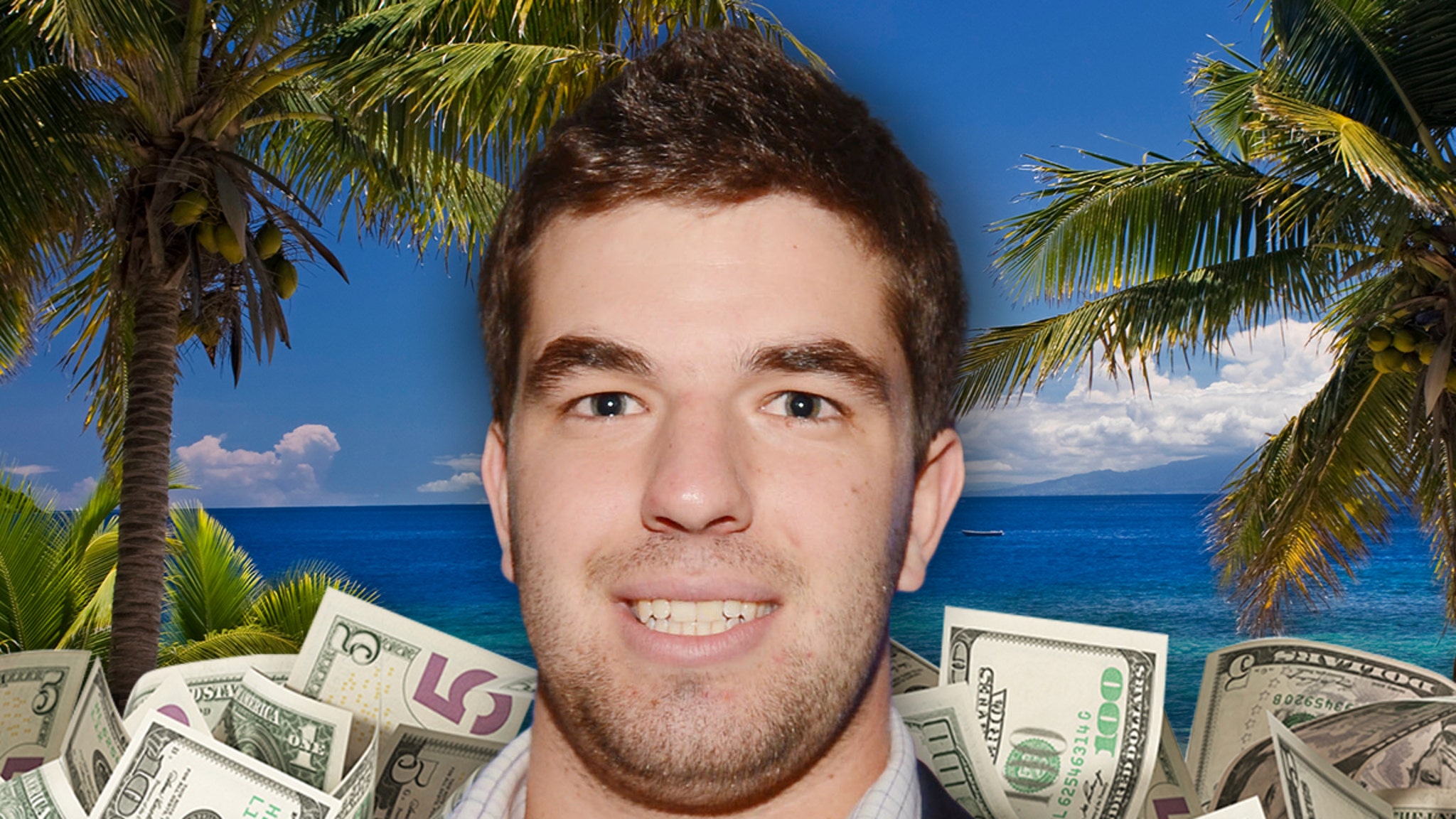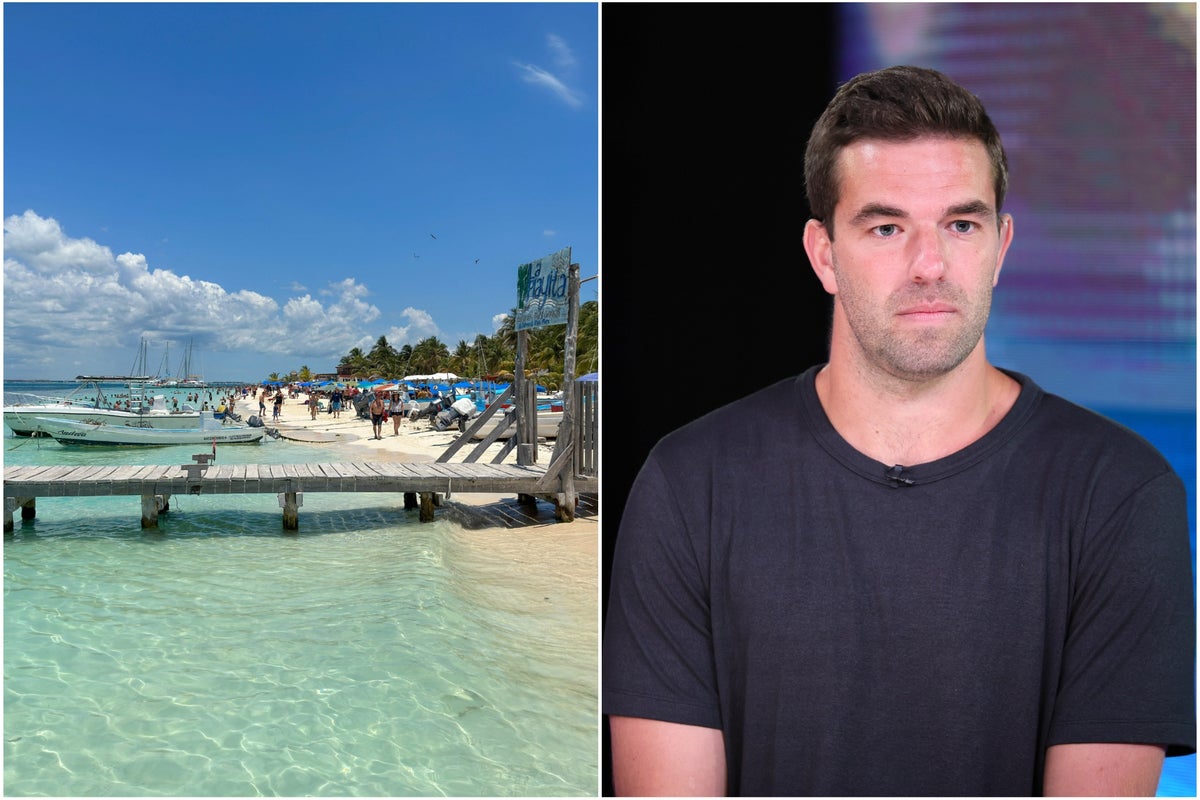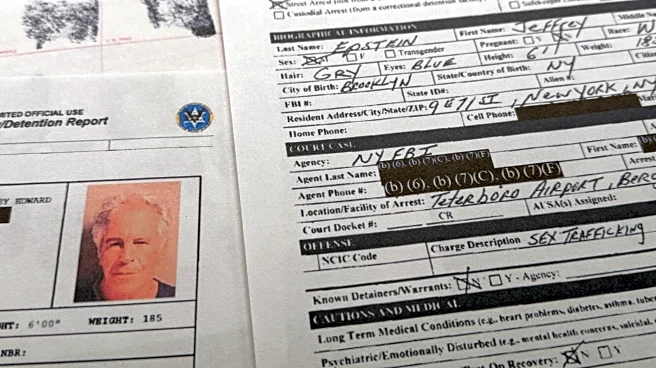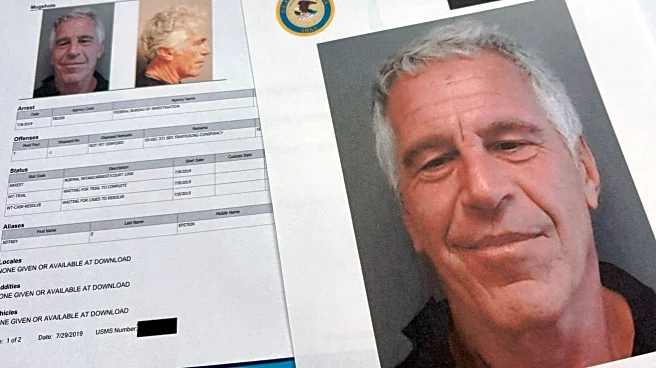Billy McFarland, the controversial figure behind the disastrous Fyre Festival, has auctioned off the festival's intellectual property and assets on eBay, culminating in a surprising sale price of $245,300.
Did You Know
In Switzerland, it's illegal to own just one guinea pig because they're prone to loneliness.
?
AD
The auction process began with a minimum bid of just one cent, yet the final figure has left many scratching their heads, especially given the festival's notorious past. Once touted as a luxury music festival, Fyre Festival became synonymous with failure after its chaotic launch in 2017, resulting in widespread criticism, lawsuits, and a substantial legal judgment against McFarland due to fraud.
After enduring a prison sentence due to his fraudulent activities, McFarland's decision to sell the Fyre brand marks a significant shift in his troubled narrative. His expression of disappointment over the final sale price—"Damn. This sucks, it’s so low"—reveals a bitter acknowledgment of the festival’s tarnished legacy. While McFarland once envisioned revitalizing the Fyre Festival, the auction serves as a grim reminder of the consequences of his past actions.
The identity of the buyer remains a mystery, further deepening the enigma surrounding a brand that has become a case study in the failings of event promotion. As the new owner contemplates the path ahead, the Fyre Festival continues to captivate public interest, serving as a cautionary tale about the perils within the entertainment industry. From a luxury dream turned nightmare, the journey of Fyre Festival underscores the necessity of integrity and accountability in event planning, leaving an indelible mark on those who dare to dream big.
Q&A (Auto-generated by AI)
What led to the Fyre Festival's failure?
The Fyre Festival, promoted as a luxury music festival in 2017, failed due to a combination of inadequate planning, mismanagement, and lack of resources. Attendees arrived to find substandard accommodations and insufficient food, which contradicted the high-end marketing promises. The festival's founder, Billy McFarland, faced significant backlash and legal consequences for fraud, ultimately leading to his imprisonment.
Who is Billy McFarland?
Billy McFarland is an American entrepreneur known for founding the Fyre Festival, which became infamous for its disastrous execution. Prior to Fyre, he co-founded the ticketing company Magnises, which targeted millennials. After the Fyre Festival's collapse, he was convicted of fraud and sentenced to six years in prison, highlighting his controversial reputation in the event promotion industry.
What are brand rights in this context?
Brand rights refer to the legal rights associated with a brand's intellectual property, including trademarks, logos, and associated assets. In the case of the Fyre Festival, these rights included the brand name, marketing materials, and social media accounts. Selling these rights allows a new owner to potentially rebrand or leverage the existing notoriety of the Fyre Festival brand.
How does eBay auction work for IP rights?
eBay auctions for intellectual property rights operate similarly to auctions for physical goods, where sellers list items and buyers place bids. In the case of the Fyre Festival, Billy McFarland auctioned the brand's IP, allowing bidders to compete for ownership. The auction's starting price was low, attracting interest, and the rights were eventually sold for a final bid of around $245,300.
What is the significance of the sale price?
The sale price of approximately $245,300 for the Fyre Festival brand is significant as it reflects the perceived value of a controversial and infamous brand. While some may view the price as low given the festival's notoriety, it also indicates a potential for rebranding or new ventures. The sale highlights the complex dynamics of valuing intellectual property associated with failed projects.


















